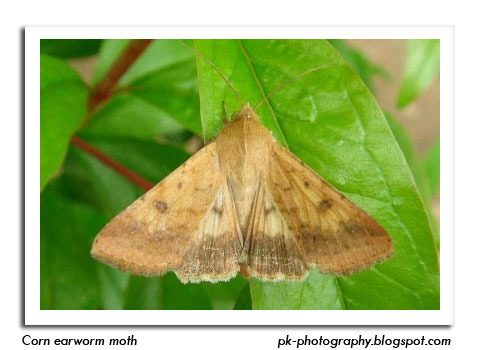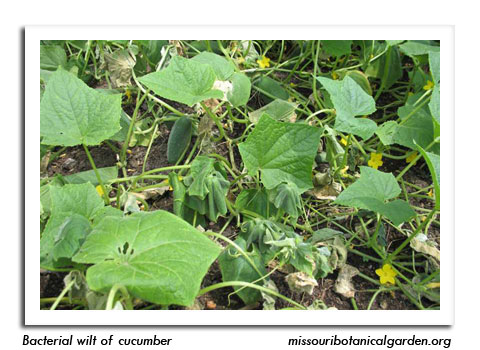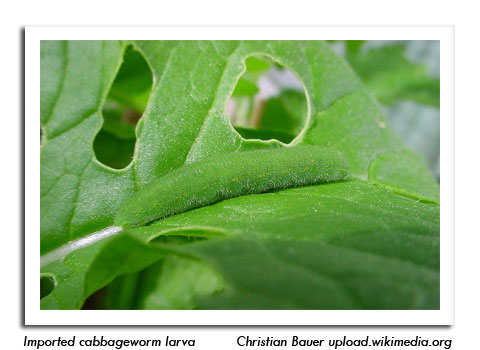
 |
|
|
Vegetables
Volume 57 Number 13 Date 07/12/2012 CORN EARWORM - Significant flights of 41-194 moths were registered at two Ripon pheromone trap sites during the last reporting period. Sweet corn growers in the south-central and central counties can expect corn earworm infestations by late July if silking fields are not monitored and treated punctually. Control is advised for counts of 5-10 moths in three consecutive nights and should be applied every 2-5 days until silks turn brown. The threshold for tomatoes is seven moths per trap per week. BACTERIAL WILT - This insect-transmitted disease is developing on cucumbers across the state. Bacterial wilt is vectored by the striped cucumber beetle, an insect mentioned in previous bulletin issues. The most effective control against this pathogen is control of the beetle vector. In addition, removal of symptomatic plants from garden or larger field plantings is advised to reduce inoculum sources and to suppress disease spread. Treatment is justified for infestations of 4-5 beetles per 50 plants. IMPORTED CABBAGEWORM - Defoliation has become more prevalent and pronounced in cole crop plantings since late June. The larger larvae (approx.. 1 inch in length) noted in Dane and La Crosse counties this week are capable of consuming more leaf area, causing larger holes in the leaves and producing more frass (fecal matter). The worms usually can be found on leaf undersides and inside the developing heads or growing points of plants. Treatment thresholds for this pest range from 10-75%, depending on whether the crop is intended for fresh market sale or processing. SQUASH VINE BORER - Moths are still very active in Sauk County and other locations. Growers of pumpkins, squash and zucchini should continue checking susceptible plants for flat, brown eggs deposited at the base of stems as long as the moths are present. PICNIC BEETLE - A report from Rochelle, Illinois indicates that picnic beetles are feeding in European corn borer tunnels and may be reducing larval numbers. Beetles were also noted in sweet corn fields near Coon Valley in Vernon County. These insects enter the corn borer tunnels to feed on plant sap, and often act as control agents by injuring the larvae inside or forcing them from the tunnels. --Clarissa Hammond, DATCP Pest Survey Program 




|
|
|